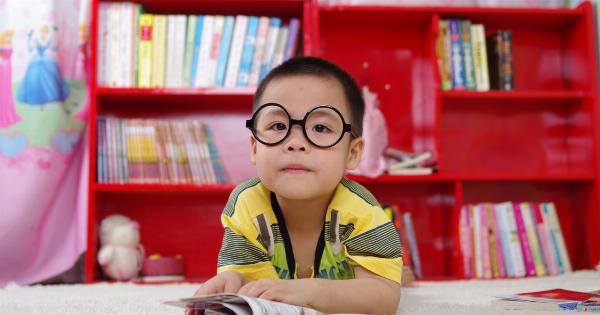For a long time, parenthood has been regarded as a source of happiness and fulfillment. But a new study, published in the journal Social Psychological and Personality Science, has found that this assumption is not always accurate.
The research suggests that having children does not necessarily guarantee happiness. In fact, it can sometimes lead to a decline in well-being.
The study
The study was conducted by researchers from the University of California, Riverside, and the University of British Columbia. The team analyzed data from two different sources.
The first was a survey of more than 1,000 adults in Germany, who were asked to rate their life satisfaction both before and after having a child. The second was a survey of more than 1,200 adults in the United States, who were asked about their experiences as parents and their overall well-being.
The results
The researchers found that, on average, parents reported lower levels of life satisfaction than non-parents. This was true for both men and women, and for people at all stages of parenthood.
Interestingly, the effect was most pronounced right after the birth of a child. Parents reported a significant decline in life satisfaction during the first year of parenthood. However, their happiness levels tended to return to baseline after that first year.
It’s worth noting that these findings don’t mean that no parents are happy. On an individual level, many parents do report high levels of happiness and fulfillment.
However, the study suggests that, on average, parenthood may not be as consistently positive as many people assume.
Possible explanations
So why might parenthood not be a guaranteed source of happiness? The study’s authors propose a few possible explanations. One is that having children can be a significant source of stress and financial burden.
Another is that parenthood can lead to a loss of personal freedom and autonomy, which can be challenging for some people to adjust to. Finally, parenthood may simply not be the right choice for everyone. For some people, pursuing their own goals and interests may be a better path to well-being than starting a family.
It’s worth noting that the study did not examine the long-term effects of parenthood on well-being.
It’s possible that, over time, the challenges of parenthood may become less significant, and the joys of raising children may outweigh the stresses and tradeoffs. Future research will be needed to explore this possibility.
What does this mean for prospective parents?
For people who are considering having children, this study provides some important information to consider. While parenthood can certainly be a wonderful and fulfilling experience, it’s not necessarily a guaranteed path to happiness.
Prospective parents should be aware of the potential challenges and stresses that parenthood can bring, and should carefully evaluate whether starting a family is the right choice for them.
What does this mean for society?
This study also has broader implications for how we think about parenting and family life as a society. For too long, parenthood has been idealized as a universally positive experience.
This study reminds us that this assumption is not always true, and that we need to be more nuanced in our understanding of the joys and challenges of raising children. By acknowledging the potential difficulties of parenthood, we can better support parents who are struggling, and create a culture that values the diversity of paths to happiness and fulfillment.
Conclusion
The new study on parenthood and happiness provides an important reminder that life is complex, and that there is no one-size-fits-all path to fulfillment.
While parenthood can be a wonderful experience for some, it’s not necessarily the right choice for everyone. By being more honest about the challenges and tradeoffs of raising children, we can create a more realistic and compassionate approach to family life.




























